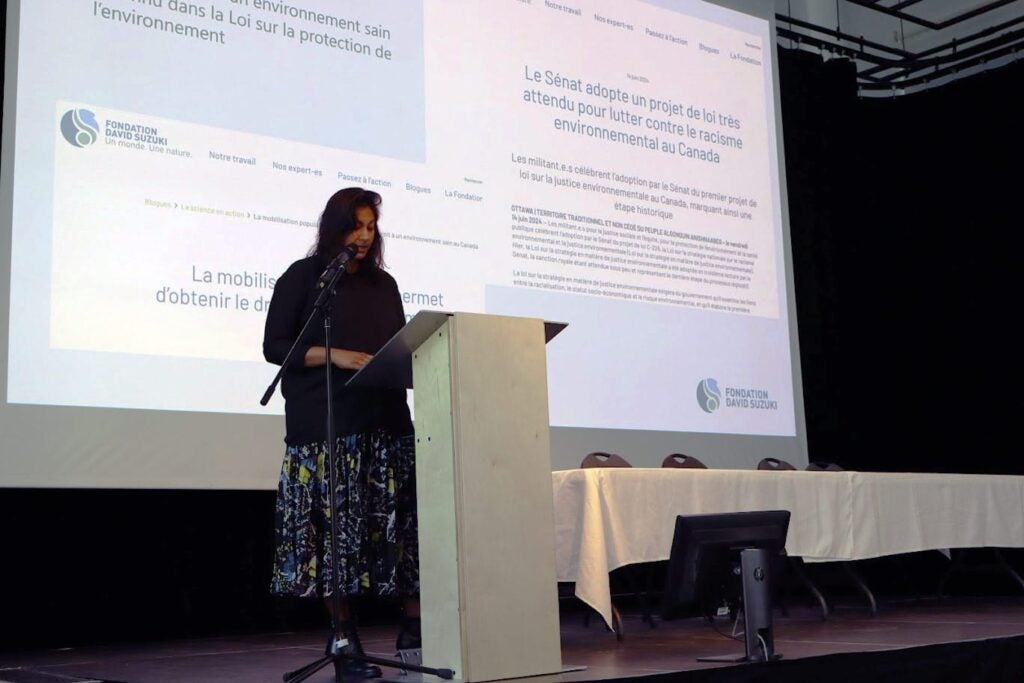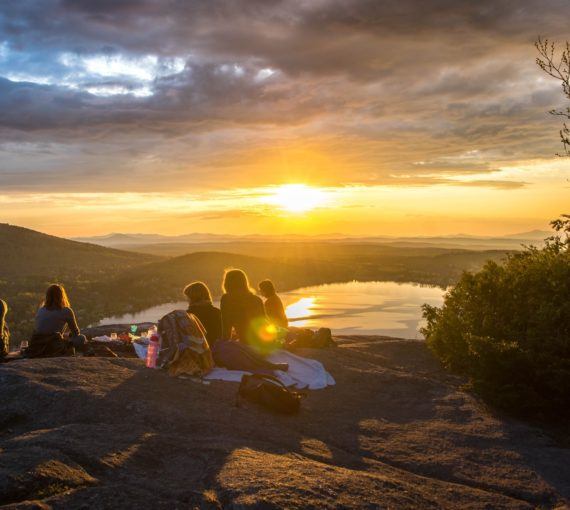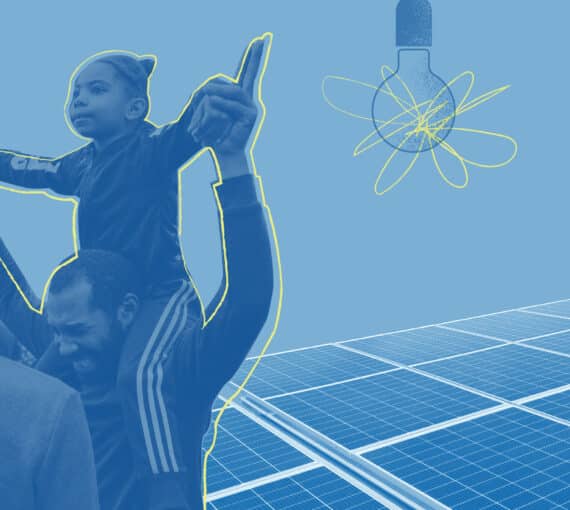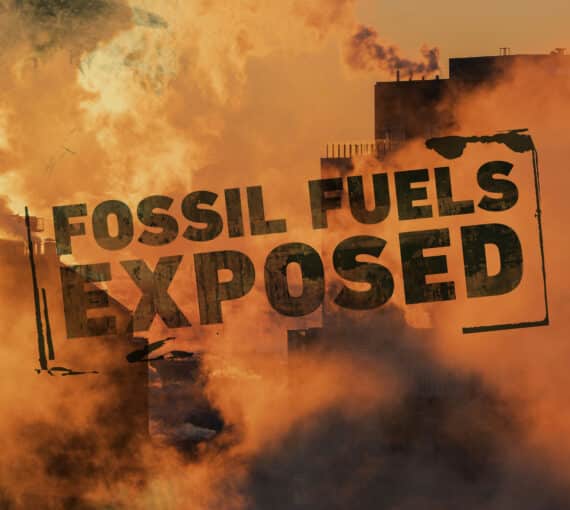
Sabaa Khan and Dr. Faiz Ahmad Khan shared their research at the annual conference of the Institut nordique du Québec (INQ) themed Health – Climate – Environment on May 12 and 13, 2025 at UQAM.
Despite the Arctic’s central role in our planet’s health, it is often still perceived as a distant, isolated, region. Inhabited for millennia by Indigenous Peoples who are the custodians of deep ecological knowledge, this region is now one of the most visible epicentres of environmental injustice.
The David Suzuki Foundation’s mission is clear: to protect nature’s diversity and the wellbeing of all life. But for this mission to be truly transformative, it must be deeply rooted in environmental justice and decolonized governance. Environmental justice affirms the right of every individual to live in a healthy environment. By decolonized governance, we mean dismantling the colonial legal systems we have inherited – systems built by former colonial powers through policies, practices and structures that marginalized Indigenous Peoples and dispossessed them of their ancestral lands.
Understanding decolonized governance
Decolonized governance—whether at the societal level or within specific communities, such as universities or scientific and professional bodies—requires the recognition and respect of diverse knowledge systems and traditional cultures that shape our relationships with land, social structures, and community cohesion.
This perspective also calls on us to reject the deeply rooted tendency to value certain communities and knowledge systems over others— a legacy of the colonial mindset.
Although society has largely renounced the 15th-century religious and legal doctrines that justified the dispossession of Indigenous Peoples throughout the world and the destruction of their ancestral lands, the enduring inequalities rooted in that colonial legacy remain far from resolved.
The Arctic: At the Frontlines of Environmental Harm
The Arctic plays a key role in our planet’s health, and yet it remains largely on the peripheries of international cooperation. Even today, our global economic system and the laws that shape it, all too often consider the Arctic to be a zone of competition and resource extraction, rather than a region that must be governed with respect for the self-determination and fundamental rights of the Indigenous Peoples who have inhabited it for millennia.
The international economic and environmental systems that shape the Arctic’s ecosystems and profoundly affect the livelihood of Arctic communities have been driven by colonial powers seeking to control the Arctic for their own gain, whether through resource extraction, military expansion, or both. This history has left deep scars on the region’s social, cultural and environmental fabric.
Inuit communities continue to bear the impacts of both historical and ongoing injustices: poverty rates in the region remain significantly higher than the national average, housing is often overcrowded and inadequate, and access to clean drinking water is still unequal.
On an environmental level, Inuit women have been found to carry much higher levels of PFAS (per- and polyfluoroalkyl substances) in their breastmilk compared to populations in southern Canada – a direct consequence of widespread chemical pollution driven by global industrial activity.
The Arctic is also severely impacted by plastic pollution, which harms its wildlife, ecosystems and communities. This serves as a stark example of how consumption and production choices made elsewhere in the world impose a heavy toxic burden on populations that have contributed little or nothing to the problem.
These realities reveal a profound imbalance: the communities least responsible for environmental crises are often the ones suffering their worst consequences. In the context of accelerating climate change, maintaining the current model of globalization will not only perpetuate these injustices – it will intensify them. Melting glaciers, ocean acidification and biodiversity loss are not distant or abstract threats; they are part of the daily reality of Northern communities.
Legal milestones: Significant, but fragile
For decades, Inuit communities have warned global governments of the existential threats that they face—threats that also have global repercussions. For example, Inuit organizations play a key role in international efforts seeking to regulate chemical substances, including the Stockholm and Minamata Conventions, as well as the Arctic Council and the International Maritime Organization.
Thanks to their historic and contemporary efforts, as well as the broader mobilization of Indigenous and allied voices across the country, we are beginning to see meaningful shifts in how laws are developed, especially in terms of whose voices are included in decision-making processes. In a notable step forward, Canada passed its first environmental justice law last year.
This law provides a crucial tool for advancing the wellbeing of Arctic communities by requiring that environmental decisions made by the Canadian government take into account local realities, Indigenous knowledge and the systemic inequalities that affect health, food security and the broader human environment.
Another significant victory for the right to a healthy environment was recently secured through the Canadian Environmental Protection Act.
For Arctic communities, the recognition of this right under federal law provides a critical legal foundation to demand environmental policies and programs that reflect their unique living conditions, address the persistent pollution threatening their health and the need to protect the ecosystems their ways of life depend on.
Through this legislative reform, the federal government has also acknowledged that certain communities—especially Indigenous, racialized and remote ones—are disproportionately affected by environmental damage. While imperfect and still insufficient, these changes to the law pave the way for a more equitable transformation of our public policy.
The Arctic must be fully included in – and benefit from – this evolving legal landscape. Whether in terms of plastic pollution, chemical pollution, climate change or biodiversity loss, Arctic communities experience a disproportionate share of the environmental harms.
These legislative reforms can and must be leveraged to protect the North’s fragile ecosystems, uphold the rights of Indigenous Peoples and support communities in their fight against environmental and climate injustice.
The role of research in building justice
Researchers have a vital role to play in this context. By documenting environmental inequalities, generating localized data and centering Indigenous knowledge, research conducted in true partnership with Indigenous communities can serve as a powerful catalyst for advocacy, policy change and transformative action.
By drawing on new legal frameworks such as the environmental justice law or the right to a healthy environment, scientists can help shape public policy, support community-led advocacy and co-develop solutions grounded in the lived realities of the North.
The next generation of Arctic research must be conducted in true partnership with Inuit communities as knowledge-holders, decision-makers and innovators. It is only by grounding science in Indigenous sovereignty and justice that we can create solutions that are truly sustainable, equitable and responsive to local realities.
Collaborative research, conducted with—not on—Inuit communities is the only path forward. It must be grounded by the principles of justice, reciprocity, respect for rights and Indigenous sovereignty over ancestral knowledge.
Decolonized governance for a viable future
We face a brutal truth: climate collapse, inescapable pollution, ecosystem degradation and geopolitical instability are converging in ways that threaten not only the biosphere, but the very foundations of the international community established after the Second World War.
This system, founded on cooperation, peace, and collective security, has been profoundly undermined by ecological crises fueled by economic greed, with the Arctic standing as a visible and urgent epicentre.
We can no longer afford to underestimate the threats facing this strategic and vulnerable region. Nor can we continue the extractive, paternalistic models of scientific research that have long excluded Indigenous voices and appropriated their knowledge without reciprocity.
Science, technology and innovation are never neutral—they are shaped by social, political and cultural contexts – and must be held accountable to justice.
Inuit knowledge must not only shape the decisions that directly affect Northern territories but also inform global ecological transitions.
We call on all stakeholders—researchers, communities, decision-makers and allies—to reflect on their role in promoting environmental justice for the Arctic. This is not a distant issue: it is a global emergency that demands concrete action rooted in respect, solidarity and justice.
Our work
Always grounded in sound evidence, the David Suzuki Foundation empowers people to take action in their communities on the environmental challenges we collectively face.



